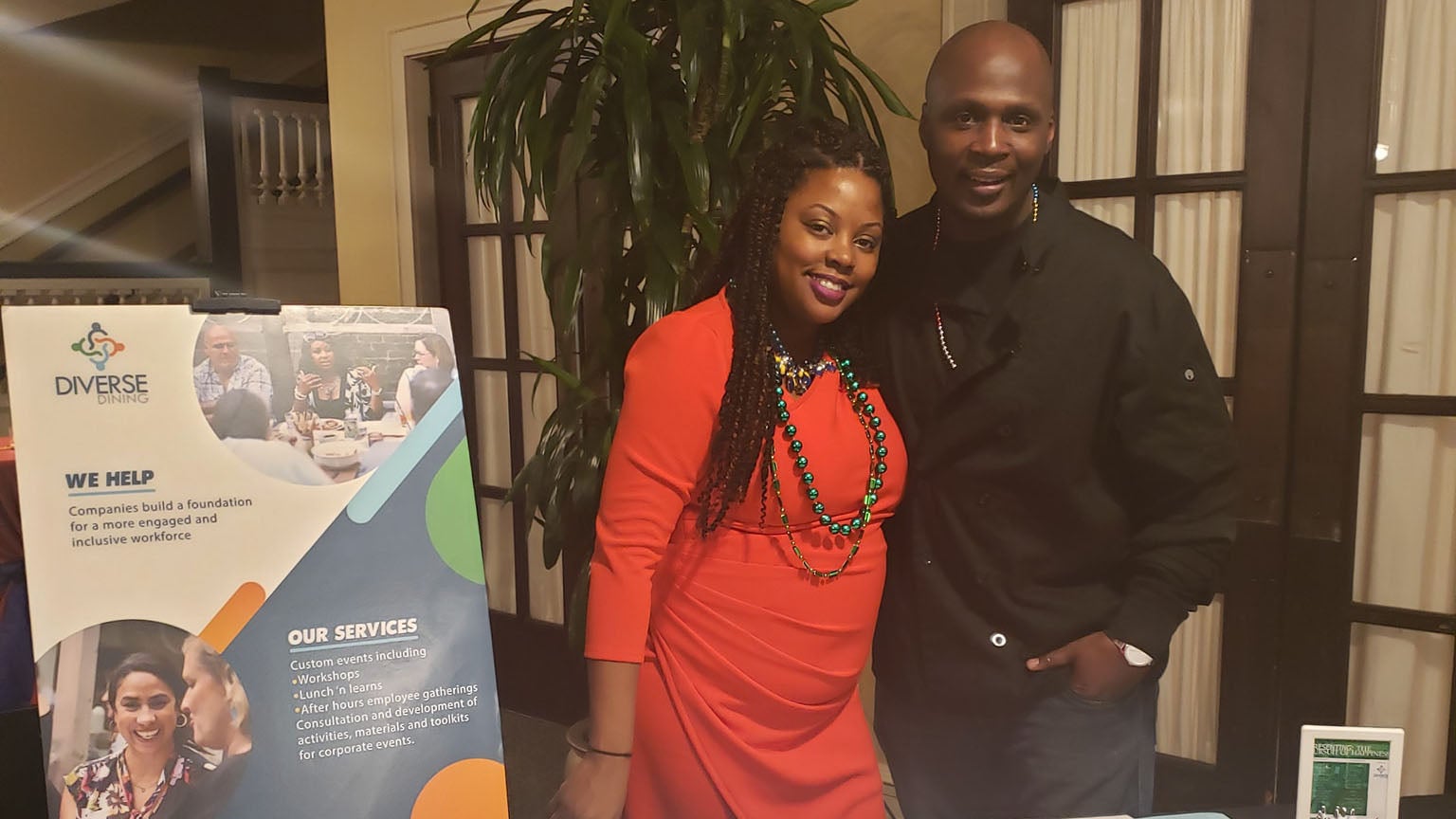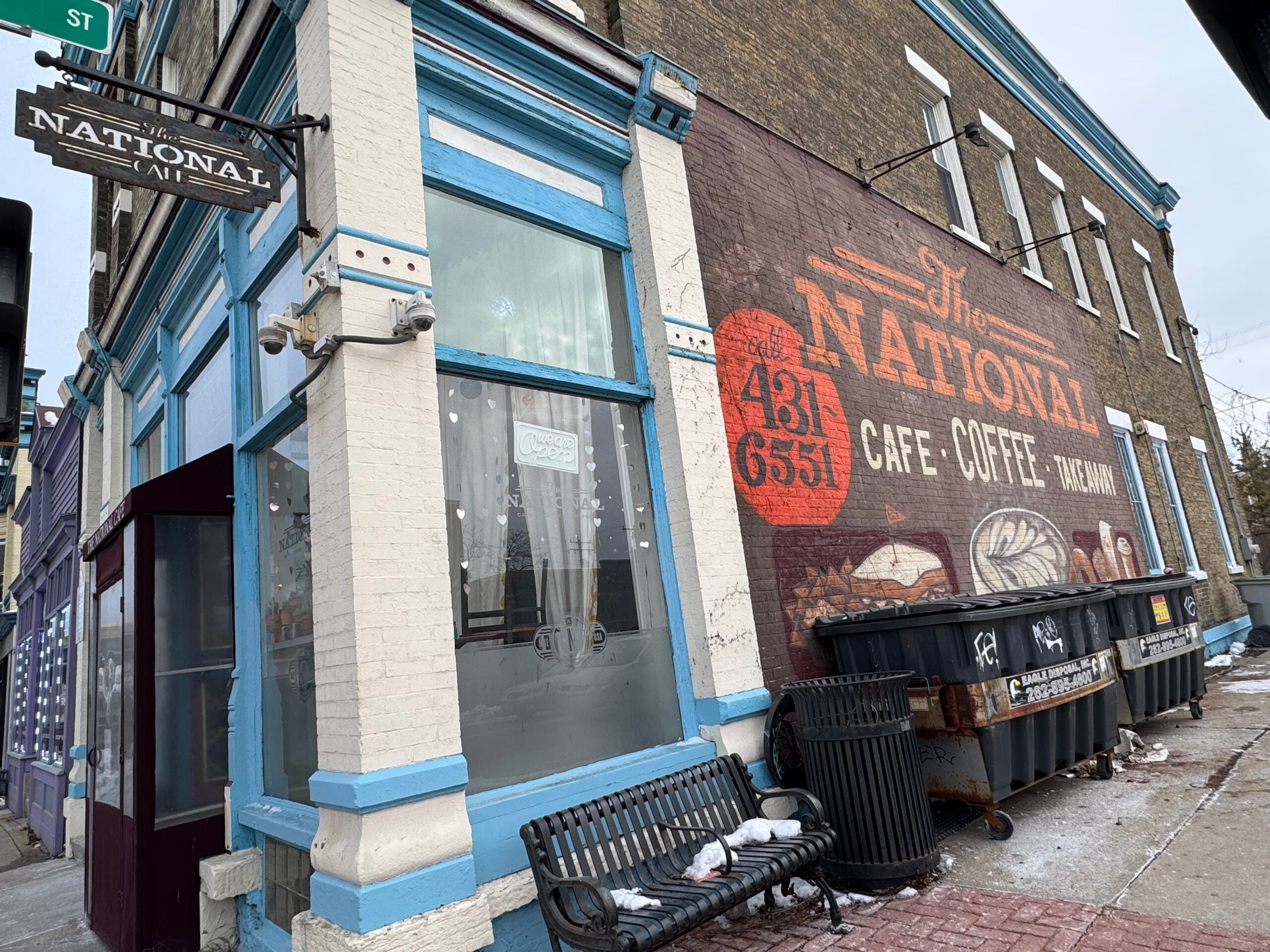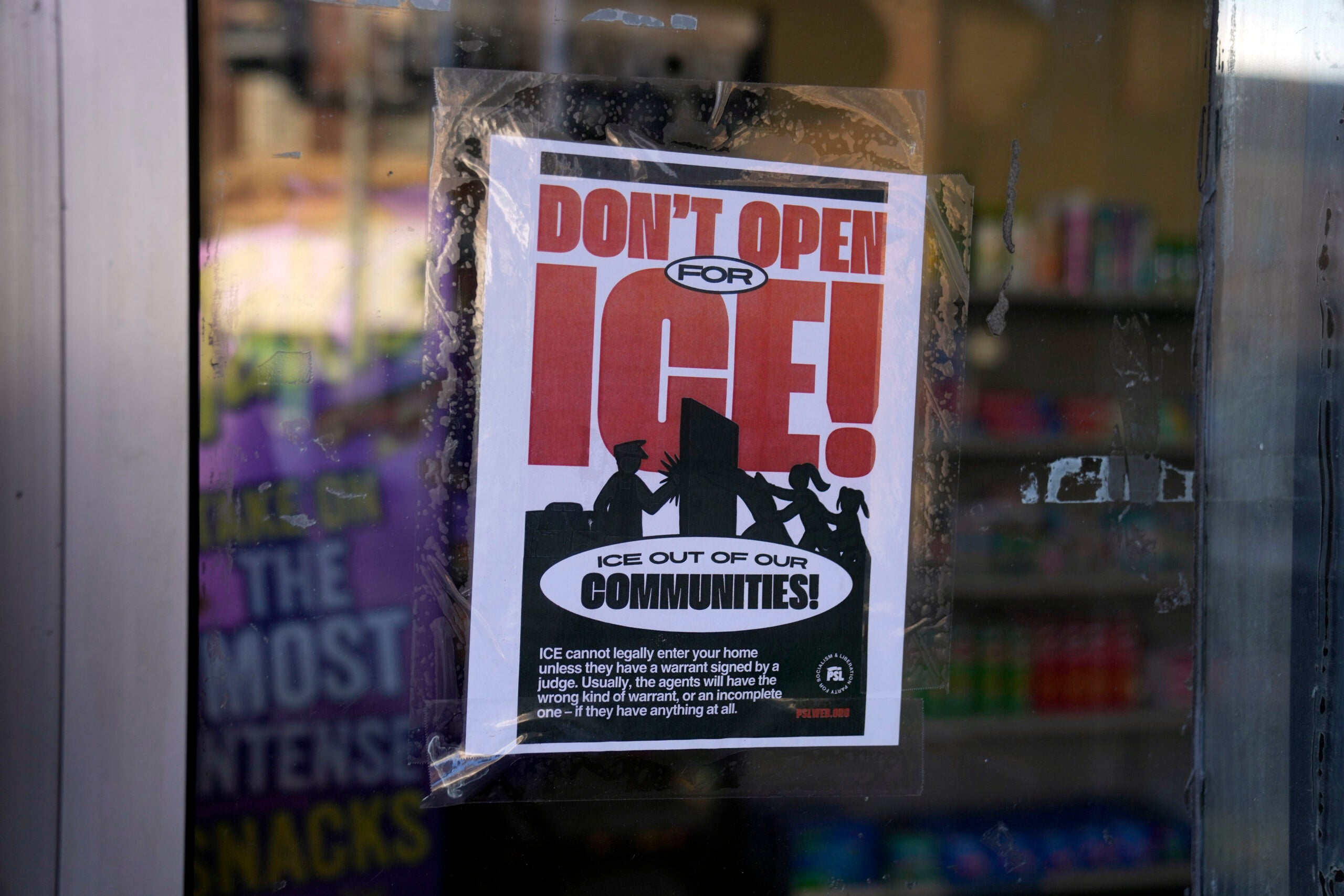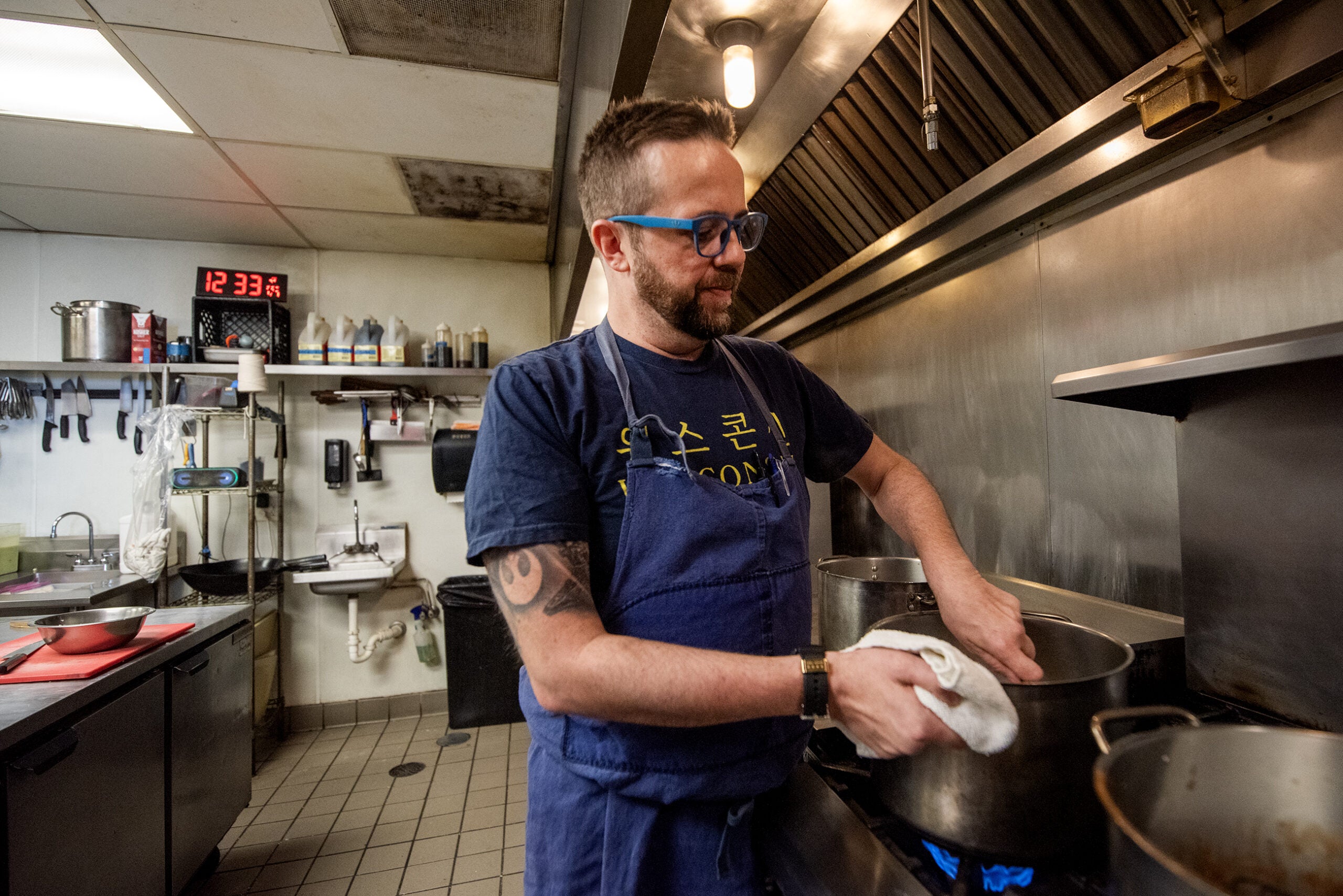Only 2 percent of restaurants in Wisconsin are owned by Black entrepreneurs, according to the latest estimates of the National Restaurant Association.
But one Milwaukee business is aiming to change that dynamic.
Turning Tables calls itself a “food incubator” that serves as a working kitchen for unlicensed chefs and potential food entrepreneurs. After a two-year stint in downtown Turner Hall, the kitchen recently moved to a new space to recommit to its model as a learning kitchen.
News with a little more humanity
WPR’s “Wisconsin Today” newsletter keeps you connected to the state you love without feeling overwhelmed. No paywall. No agenda. No corporate filter.
Founder Emerald Mills-Williams joined WPR’s “Wisconsin Today” to discuss the transition and the role of incubator kitchens in helping underrepresented voices get into the industry.
The following was edited for clarity and brevity.
Kate Archer Kent: Why create a business to work with people trying to get a toehold in Milwaukee’s food industry?
Emerald Mills-Williams: My most recent background and other business is called Diverse Dining. Our focus in our business was really in the diversity, equity and inclusion area. … I also worked with small local minority restaurants to draw and attract business into those restaurants.
Turning Tables came about as a combination of a lot of different things — most importantly, when I became aware that only 9 percent of restaurant owners are African American and in Wisconsin, it’s only 2 percent.
KAK: What barriers have you encountered for Black business owners trying to succeed in Milwaukee’s culinary scene?
EMW: I think just overall, obviously, financial barriers. With perfect credit, most banks won’t fund a restaurant that’s less than eight years old. So if you have perfect credit, it’s still a very hard industry to fund.
Most people that are African American — and other minorities in a lot of cases — aren’t financing businesses through traditional financing, meaning they’re bootstrapping. They’re using their own personal resources, as did we, even though we did have some funding.
In addition to that, if you have access to capital, you can’t hire the people with the skill level that you need in all areas. You may operate a business and not have an accountant right away. You may operate a business and not have an HR team or person right away. You may not have an events coordinator in your restaurant. You may be doing all those positions yourself.
KAK: Turning Tables is moving from Milwaukee’s Turner Hall to a new location downtown. Why move just a few minutes from your old location?
EMW: To be completely honest, the move was a little bit unexpected. … There were a lot of (financial) projections given to us. Turner Hall is a great space, but it probably wouldn’t have been ideal for a startup restaurant. … We realized really early on that we probably won’t get anywhere near those projections unless we abandon our mission and just become focused on being the restaurant. And even with doing that, it seemed like we may need some additional help from some sort of miracle.
KAK: What will this new location offer that you couldn’t do in the past?
EMW: Well, quite a few things. There were some barriers around licensing and having hot food vendors in the space. Typically, the way that the law is written is that food entrepreneurs would have to already be licensed … to be able to sell food at all. … Just a lot of restrictions around how it can be done.
The way that we are set up now will be more or less like a market. We will have different rotating hot food vendors on various different days of the week. People can experience the vendors and we won’t be the ones that have to bend and produce food every day as we did in that space. People will be able to get a taste of the local up-and-coming vendors or vendors that have businesses but don’t have brick and mortars — maybe operate a food truck and can only do it during a good season or maybe are just caterers and don’t have a place to sell their food when they’re not catering.
KAK: How important is that stepping stone: being in a marketplace that you’re setting up, having a food truck or having some initial step before that brick and mortar restaurant establishment?
EMW: Listen, in my opinion, it’s everything. Just in this past week, I talked to three pretty successful minority business owners that I know personally. And every single one of them that I talked to had a look of a little bit of overwhelm and probably a little bit of frustration. Because even in what appears to be a public success, there is a lot of stress, responsibility, burden.
There are entrepreneurs and then there are food entrepreneurs. As a consultant for over five years, I understand the difference, especially because I became a food entrepreneur for two years. It’s a whole different ball game. We’ll be helping to just alleviate a lot of stress and burden.
For some food entrepreneurs, they get an opportunity to figure out: Is this really what they want to do? How can they do this in a capacity where they can still have their family and still have a vacation and still have a sense of normalcy?
Wisconsin Public Radio, © Copyright 2026, Board of Regents of the University of Wisconsin System and Wisconsin Educational Communications Board.







